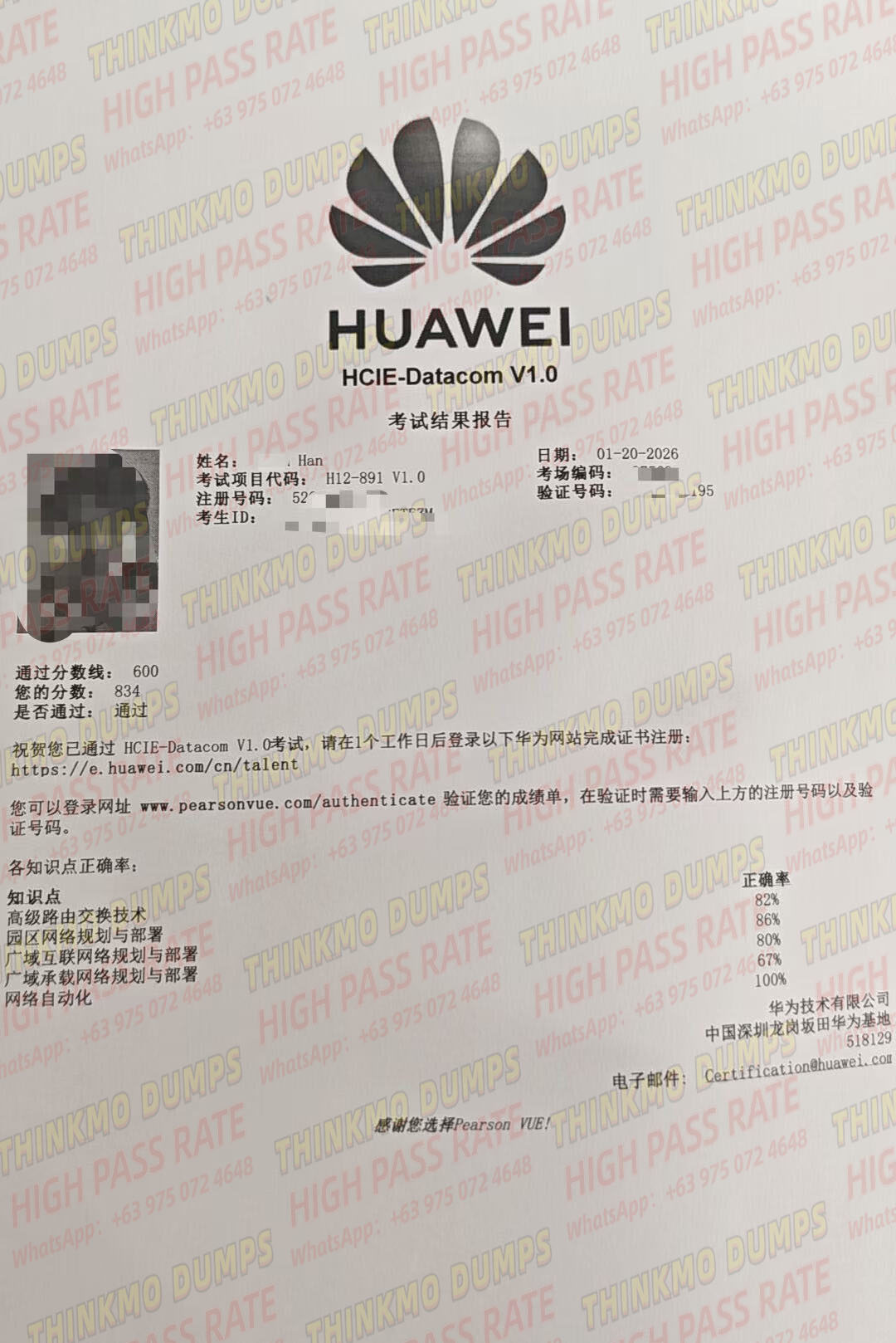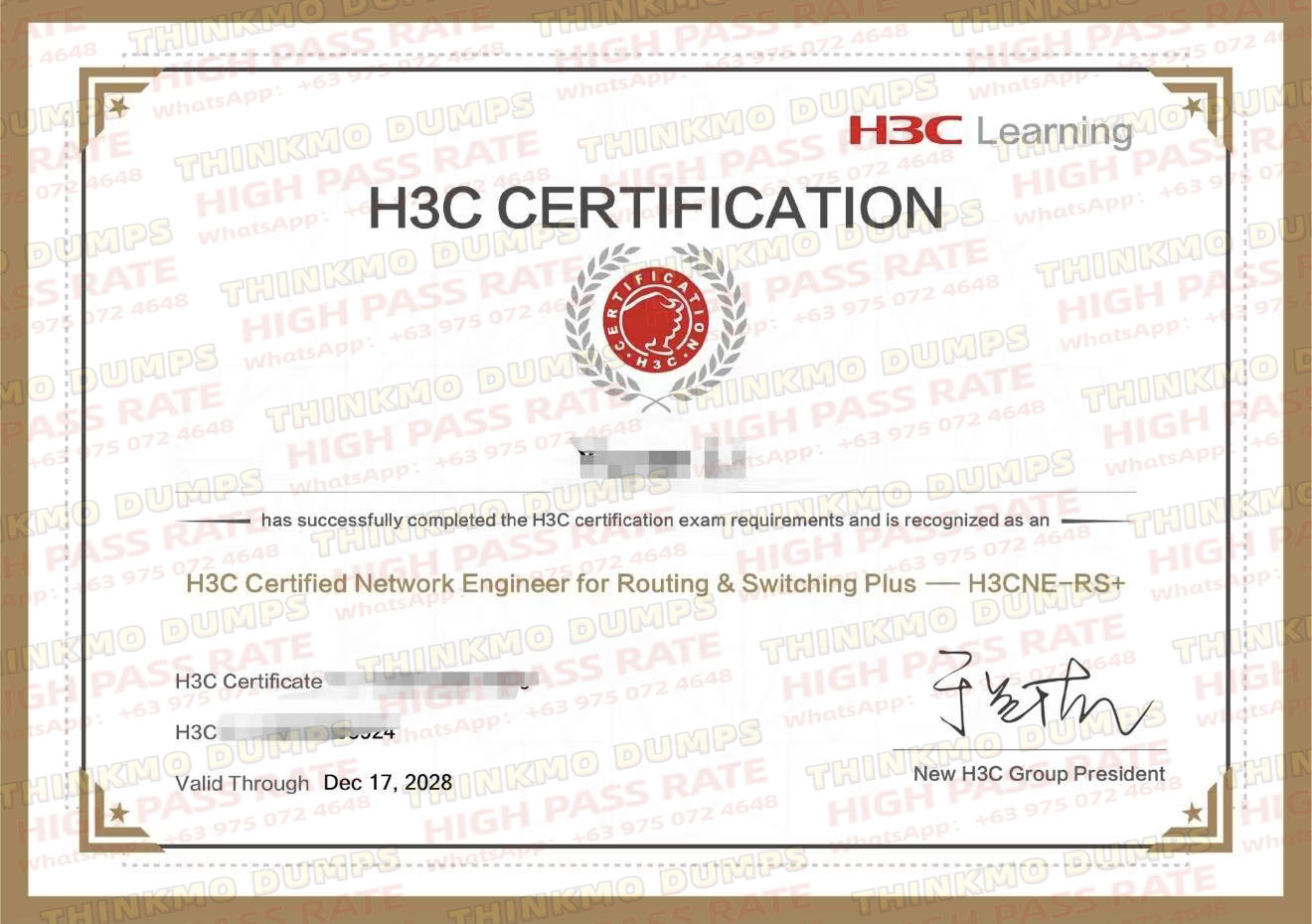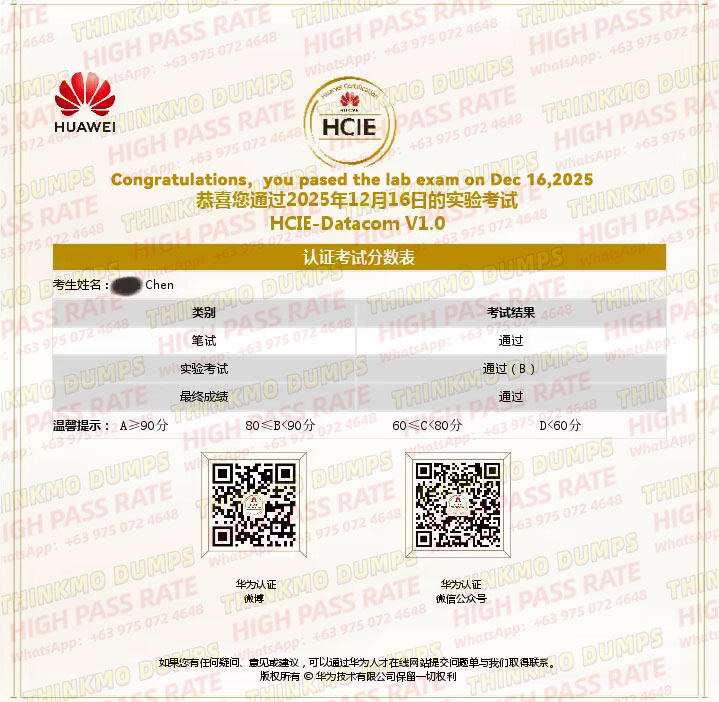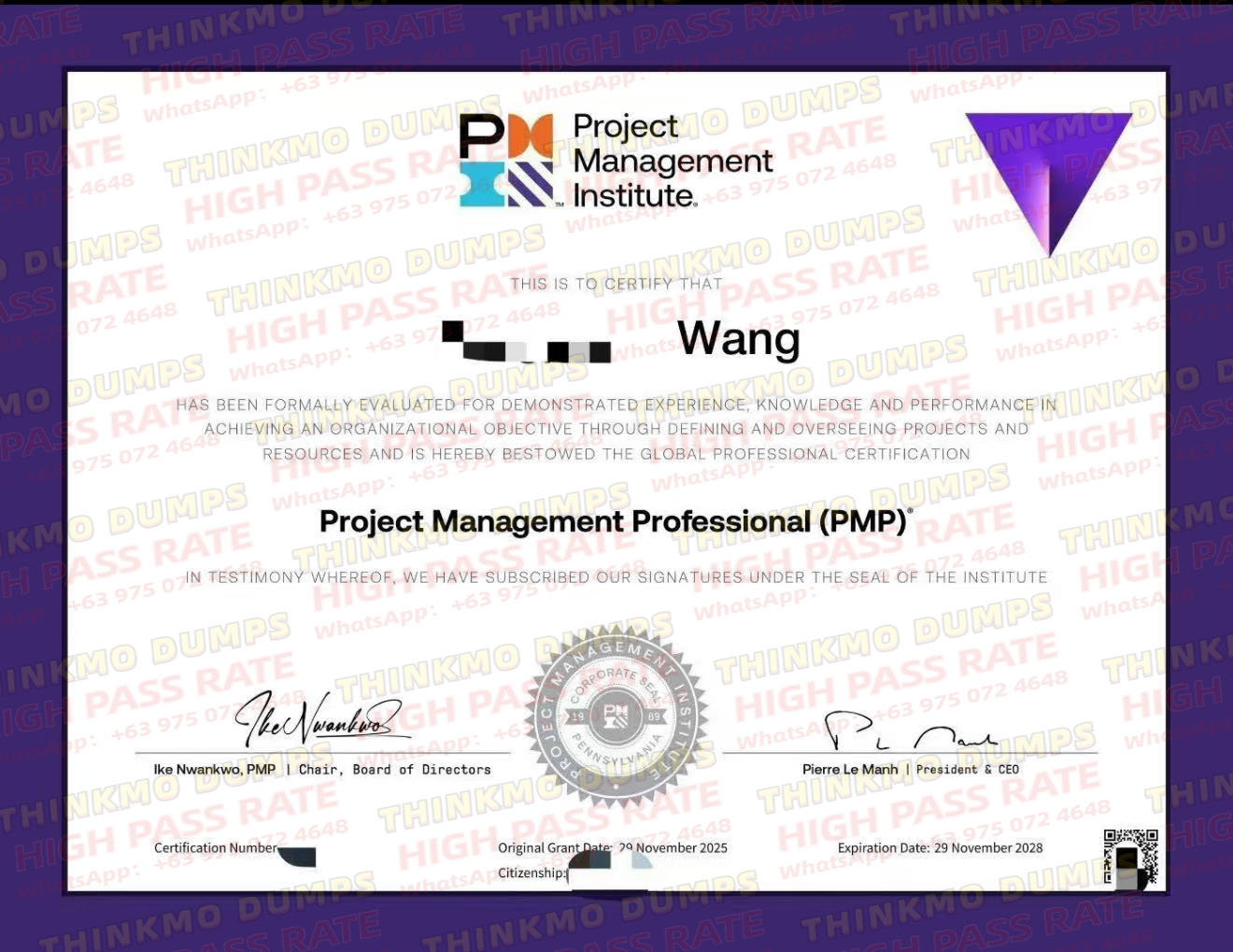CKA Certification Value Analysis and Exam Details
Update time:2025-09-25
Many engineers who want to move into the cloud-native field often ask: “Is it worth getting the CKA certification?How valuable is it in the job market?Can I take it without a Linux background?”

As an experienced DevOps engineer, I’ll break down the real value of the CKA certification, walk you through the exam process, and share efficient preparation strategies.After reading this, you’ll know whether you should take it — and how to prepare effectively.
1.Core Value of the CKA Certification
1) Strong industry demand: a gateway to cloud-native roles
Cloud-native is one of the hottest areas in IT, and Kubernetes is the de facto standard for container orchestration.The talent gap is huge.With CKA being the official CNCF certification, it is highly recognized by enterprises.Many job postings for “Kubernetes Administrator” or “Cloud-Native Engineer” explicitly mention “CKA preferred”, especially in top tech companies and cloud providers.

2) Practical skill validation: 100% hands-on
Unlike multiple-choice exams, the CKA exam is a 120-minute hands-on test with 15–20 real cluster management tasks (e.g., deploying a Deployment, troubleshooting Pod failures, configuring NetworkPolicies).It indirectly tests Linux basics (vim, log inspection, service management), ensuring candidates have real-world operational ability.
3) Career benefits: salary and promotion edge
Certified professionals often earn 10–20% higher salaries than non-certified peers with the same experience.Many companies use certifications as part of technical promotion criteria, especially when combined with project experience.
4) Global recognition: vendor-neutral certification
As an open-source certification by CNCF, CKA is not tied to a single vendor.It applies across environments (Huawei Cloud CCE, AWS EKS, Azure AKS, etc.), and is globally recognized — making it valuable for both multinational and overseas opportunities.
2.Exam Process Overview
Eligibility:
No mandatory prerequisites.
Recommended basics: Linux commands & Kubernetes fundamentals.
For complete beginners: plan 1–2 months of Linux + K8s basics before registering.
Exam Details:
Format: Remote exam on a live cluster (1 master + 2–3 worker nodes).
Content: 15–20 practical tasks (score: 0–100, pass mark: 74).
Resources: Only the official Kubernetes documentation is allowed.
Results: Delivered by email within 1–2 business days.Digital certificate issued within 1–2 weeks.
3.Efficient Preparation Strategies
Linux basics (1–2 weeks): Strengthen command-line skills (file management, system monitoring, networking).
Kubernetes practice (daily): Use kind or minikube to build local clusters and repeat tasks.
Exam simulation: Complete the CNCF free mock exam (killer.sh) to get familiar with the format.
Documentation usage: Train yourself to quickly search the Kubernetes docs — a critical exam skill.
Pro Tip for Faster Preparation:
While theory and labs are important, practicing with updated CKA exam dumps can greatly boost your passing rate.By using dumps:
Many successful candidates combine hands-on labs + official docs + real exam dumps to pass on their first attempt.
4.FAQs
Q1: How long does it take to prepare with no background?
A: Around 2–3 months, assuming 2 hours per day (1 month basics + 1–2 months hands-on).
Q2: What is the certificate validity?
A: Valid for 3 years.Renewal can be done via a shorter recertification exam (30 minutes, 10 tasks, pass mark 70) or through CNCF community contributions.
Q3: Should I take CKA or CKAD?
A:Choose CKA if you focus on administration/cluster operations.
Choose CKAD if you are a developer focused on Kubernetes-native applications.
Final Thoughts
The value of the CKA certification is based on market demand + practical skill validation.It’s not a “paper-only” certificate — but if you prepare well, it can give you a real advantage in the cloud-native career track.
If your goal is to become a Kubernetes Administrator or Cloud-Native Engineer, CKA is absolutely worth it.If you’re a complete beginner, start with Linux and Kubernetes basics before scheduling the exam.
And remember:
The certificate is just a bonus.
What truly matters is the practical Kubernetes skills you build during preparation.
Using dumps is the fastest way to ensure you pass — and gain the skills that will stay with you long after the exam.

As an experienced DevOps engineer, I’ll break down the real value of the CKA certification, walk you through the exam process, and share efficient preparation strategies.After reading this, you’ll know whether you should take it — and how to prepare effectively.
1.Core Value of the CKA Certification
1) Strong industry demand: a gateway to cloud-native roles
Cloud-native is one of the hottest areas in IT, and Kubernetes is the de facto standard for container orchestration.The talent gap is huge.With CKA being the official CNCF certification, it is highly recognized by enterprises.Many job postings for “Kubernetes Administrator” or “Cloud-Native Engineer” explicitly mention “CKA preferred”, especially in top tech companies and cloud providers.
2) Practical skill validation: 100% hands-on
Unlike multiple-choice exams, the CKA exam is a 120-minute hands-on test with 15–20 real cluster management tasks (e.g., deploying a Deployment, troubleshooting Pod failures, configuring NetworkPolicies).It indirectly tests Linux basics (vim, log inspection, service management), ensuring candidates have real-world operational ability.
3) Career benefits: salary and promotion edge
Certified professionals often earn 10–20% higher salaries than non-certified peers with the same experience.Many companies use certifications as part of technical promotion criteria, especially when combined with project experience.
4) Global recognition: vendor-neutral certification
As an open-source certification by CNCF, CKA is not tied to a single vendor.It applies across environments (Huawei Cloud CCE, AWS EKS, Azure AKS, etc.), and is globally recognized — making it valuable for both multinational and overseas opportunities.
2.Exam Process Overview
Eligibility:
No mandatory prerequisites.
Recommended basics: Linux commands & Kubernetes fundamentals.
For complete beginners: plan 1–2 months of Linux + K8s basics before registering.
Exam Details:
Format: Remote exam on a live cluster (1 master + 2–3 worker nodes).
Content: 15–20 practical tasks (score: 0–100, pass mark: 74).
Resources: Only the official Kubernetes documentation is allowed.
Results: Delivered by email within 1–2 business days.Digital certificate issued within 1–2 weeks.
3.Efficient Preparation Strategies
Linux basics (1–2 weeks): Strengthen command-line skills (file management, system monitoring, networking).
Kubernetes practice (daily): Use kind or minikube to build local clusters and repeat tasks.
Exam simulation: Complete the CNCF free mock exam (killer.sh) to get familiar with the format.
Documentation usage: Train yourself to quickly search the Kubernetes docs — a critical exam skill.
Pro Tip for Faster Preparation:
While theory and labs are important, practicing with updated CKA exam dumps can greatly boost your passing rate.By using dumps:
You’ll get familiar with recent exam patterns.
You can target weak areas with repeated practice.
You’ll build speed and confidence for the real exam.
Many successful candidates combine hands-on labs + official docs + real exam dumps to pass on their first attempt.
4.FAQs
Q1: How long does it take to prepare with no background?
A: Around 2–3 months, assuming 2 hours per day (1 month basics + 1–2 months hands-on).
Q2: What is the certificate validity?
A: Valid for 3 years.Renewal can be done via a shorter recertification exam (30 minutes, 10 tasks, pass mark 70) or through CNCF community contributions.
Q3: Should I take CKA or CKAD?
A:Choose CKA if you focus on administration/cluster operations.
Choose CKAD if you are a developer focused on Kubernetes-native applications.
Final Thoughts
The value of the CKA certification is based on market demand + practical skill validation.It’s not a “paper-only” certificate — but if you prepare well, it can give you a real advantage in the cloud-native career track.
If your goal is to become a Kubernetes Administrator or Cloud-Native Engineer, CKA is absolutely worth it.If you’re a complete beginner, start with Linux and Kubernetes basics before scheduling the exam.
And remember:
The certificate is just a bonus.
What truly matters is the practical Kubernetes skills you build during preparation.
Using dumps is the fastest way to ensure you pass — and gain the skills that will stay with you long after the exam.
I'm your man who have the 100% valid dumps , buy it now for 50% off to clear your exam!
Click it ↓↓

Hot article
-
 1
1 1. ThinkMo Precise Question Bank: Ace HCIE Written
上传:2026-01-23
-
 2
2 Triple H3CNE/H3CSE Passes | ThinkMo Christmas Succe
上传:2025-12-25
-
 3
3 Success Streak: ThinkMo’s Dec HCIE-Datacom Win
上传:2025-12-24
-
 4
4 ThinkMo Guide: Cisco & Huawei Certification Com
上传:2025-12-22
-
 5
5 Pass CCIE/CKA Exams with ThinkMo’s Top Question B
上传:2025-12-19








